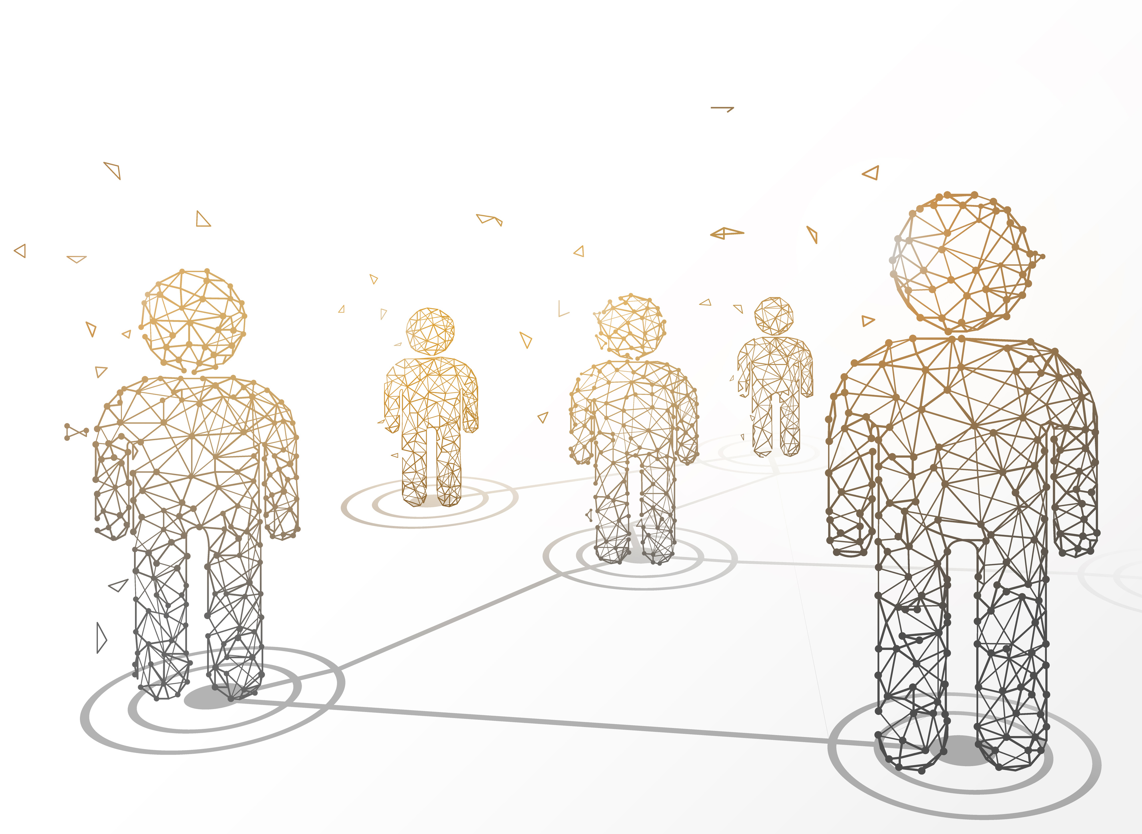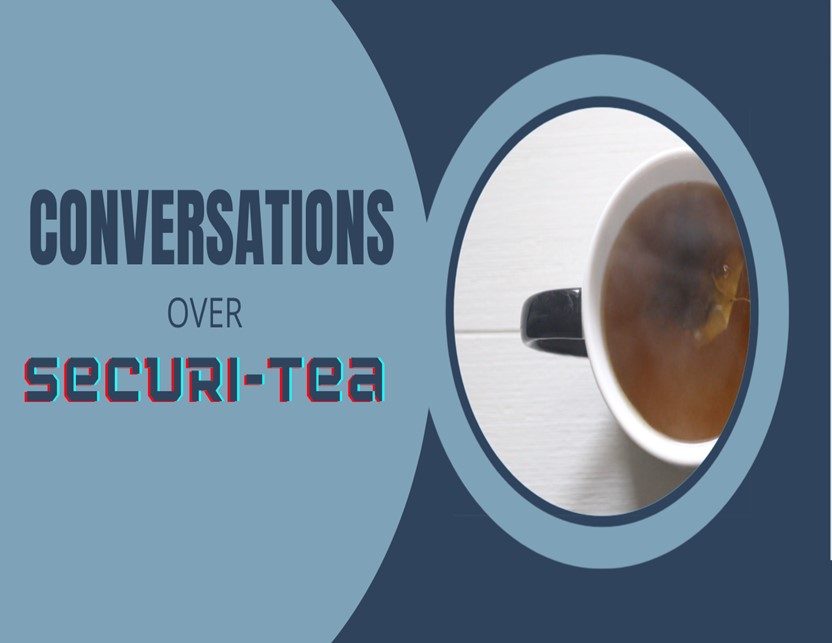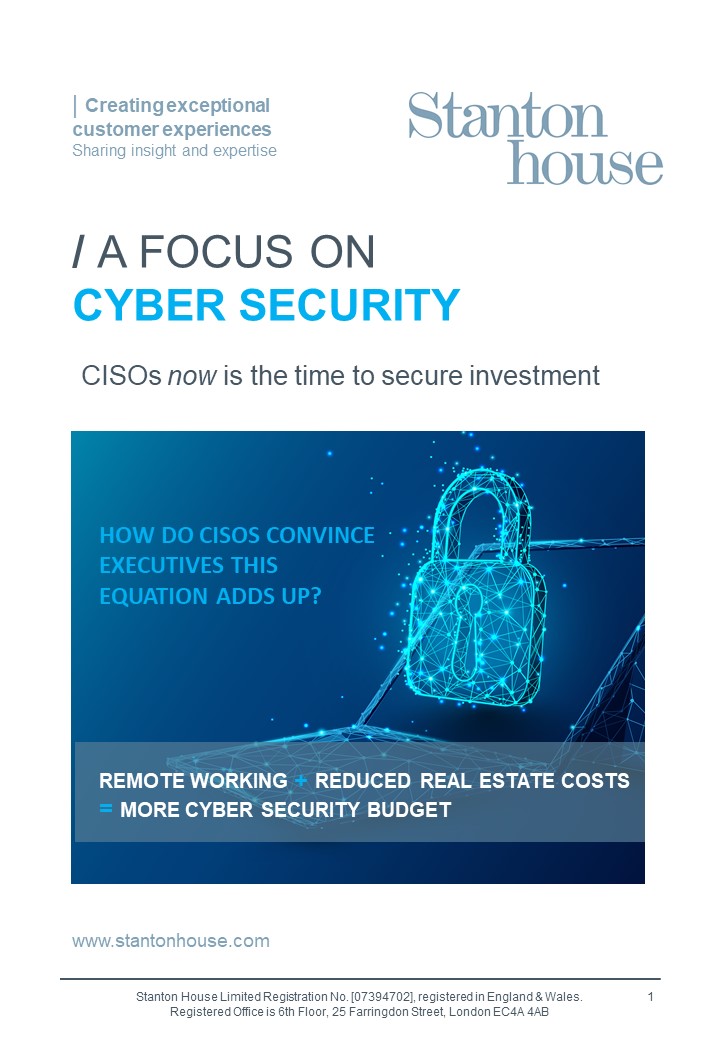
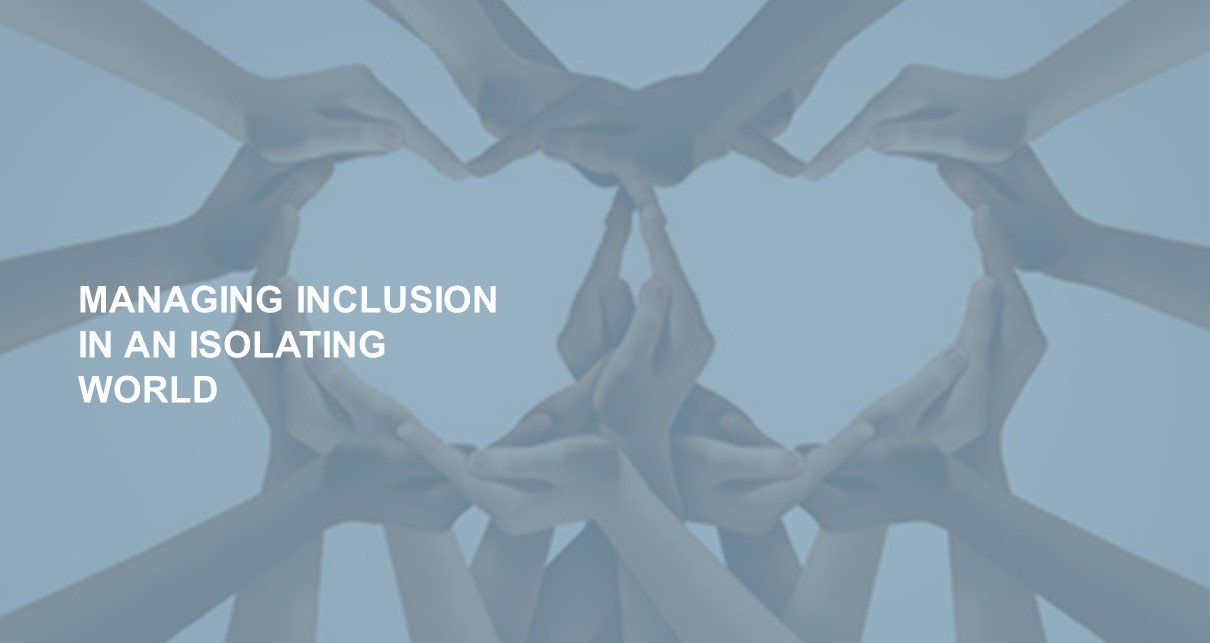
Inclusion matters now more than ever
There’s a huge amount for business leaders to think about right now, amidst the Coronavirus pandemic, least of all maintaining business continuity. But now more than ever, leaders need to maintain focus on engaging and retaining their remote workforce and ensuring all of their employees, including those on furlough, feel secure in their connectivity to the organisation and that they are given the space to participate and contribute in a meaningful way - albeit remotely. At Stanton House, we are driven by the belief that diversity and inclusion is inextricably linked to business performance and employee engagement and retention.
We are passionate about unlocking potential at the individual, team and leadership levels to drive high performance through inclusive practices. We regularly partner with Diversity and Inclusion experts to bring our customers insight, advice and guidance. This week we bring you expert insight from our guest blog author, Paul Anderson-Walsh, Co-Founder of the Centre for Inclusive Leadership. Read on to discover the impact Covid-19 is having on inclusion strategies.

Paul Anderson-Walsh
Inclusion is a critical success factor
Creating and maintaining a culture of inclusion is a critical success factor during normal trading conditions, so, how much more crucial is it when the entire world is in quarantine? Now that enforced social distancing has outlawed physical nearness, our inclusion strategies will be stress tested to ensure that they can serve a heightened need for psychological proximity. Inclusive organisations are concerned that those who must now be apart, still feel that they are a part.
The primary human need is the need for certainty
We need to feel in control and to know what's coming next to feel in control. For us to feel secure we need to feel confident that we are connected in relationships and can participate in groups in ways that give us meaning, security, and positive prospects. In short, we need to feel included. When a person is out of sight, it is not long before they are out of mind, and sadly not long before they begin to feel excluded from the team.
How are our people really feeling?
For the inclusive organisation the urgent question to be addressed is how are our people really feeling? What is their reality? When it comes to reality as people experience it, that can be a complex challenge to assess. When in the office (co-located) leaders might have measured the mood by reading the room, assessing body language and non-verbal communication. More formally, organisations have relied on asking people questions. But asking questions is only helpful if they know the answers and want to tell you or indeed are able to tell you. Neuroscience has shown that 95+% of our behaviour is driven by brain processes that operate below our conscious awareness.
In the current crisis, the need for reliable people data could not be more acute
If ever there was a time when we required accurate information before we act, it is now. As responsible leaders during this crisis we must turn to science and gather accurate meaningful data to support us in making the right decisions that will have critical impact on our people. Traditional methods that aim to measure what is happening in our teams use focus groups, direct questioning, or surveys but their greatest flaw is that they don’t go deep enough in terms of being able to access the multitude of deep-seated, motivational and emotional processes that ultimately influence the way we feel, especially in times of unprecedented change to our daily lives.
The best methodologies use a combination of neuroscience, psychology, and data analytics to identify and understand how people really feel at any given time about any given thing that might inhibit performance and well-being.
About the Centre for Inclusive Leadership
The Centre for Inclusive Leadership is an Organisation Effectiveness Practice that exists to support governments, corporations, institutions and communities to enable people to be their best selves and do their best work. We work with leaders to help them create and sustain more effective organisations by enabling them to better support their people to be their best selves and do their best work. We work with organisations to help them manage inclusion to achieve added value from diversity and thereby improve organisational performance.
In response to Covid-19 and the remote working world-of-work we now find ourselves in, we have developed a unique inclusion continuity assessment. We call it The Out of Office Covid-19 Impact Assessment. It provides rapid, anonymous and precise readings on how people are really feeling in terms of their sense of psychological safety; change readiness; mental well-being; the level of social isolation they feel comfortable with; their ability to do their best work in reordered circumstances and the anxiety levels around their financial stability. See demo or for more information contact The Out of Office Team.
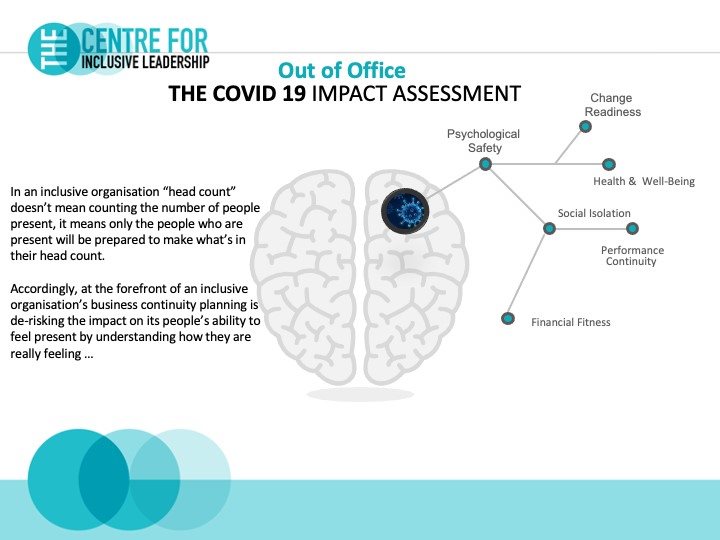
Share your insights
We’d love to hear from leaders on how you are adapting, implementing and assessing your workforce engagement and inclusion strategies as a result of the Covid-19 crisis. Please get in touch to share your insights.
Similar blogs

